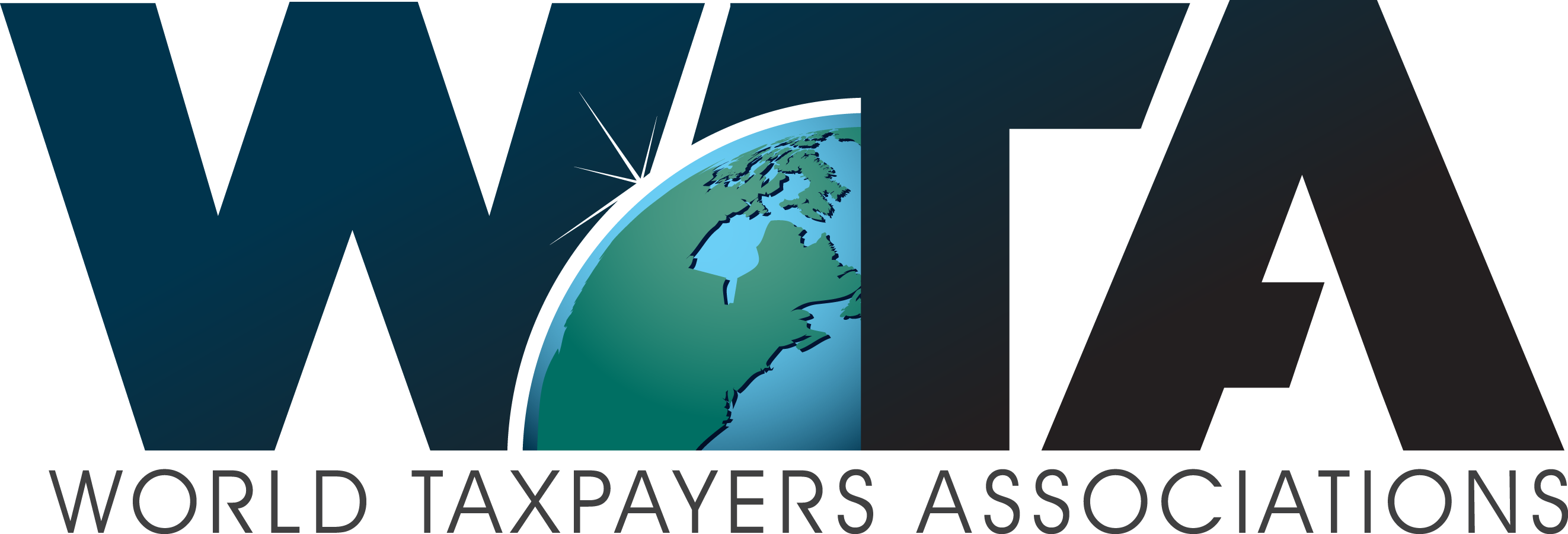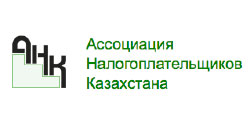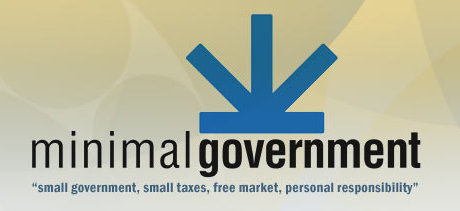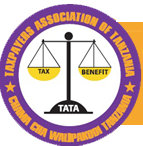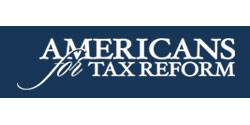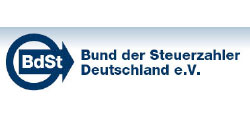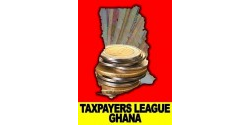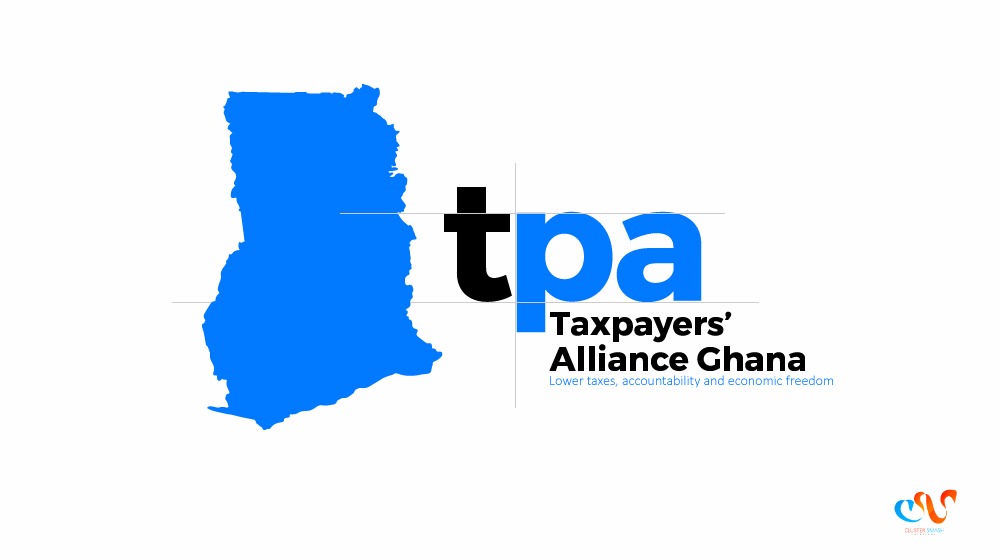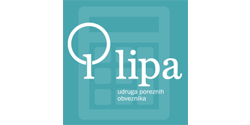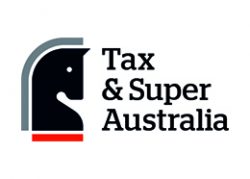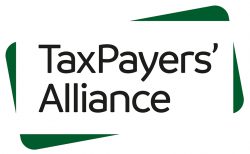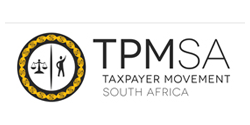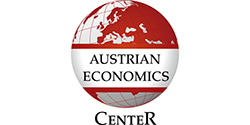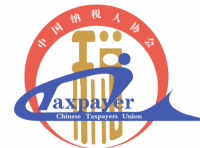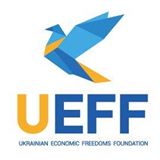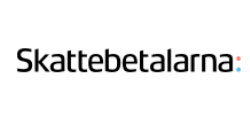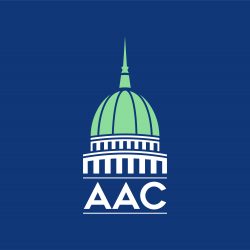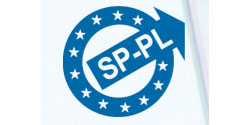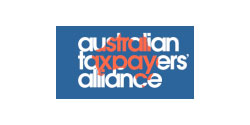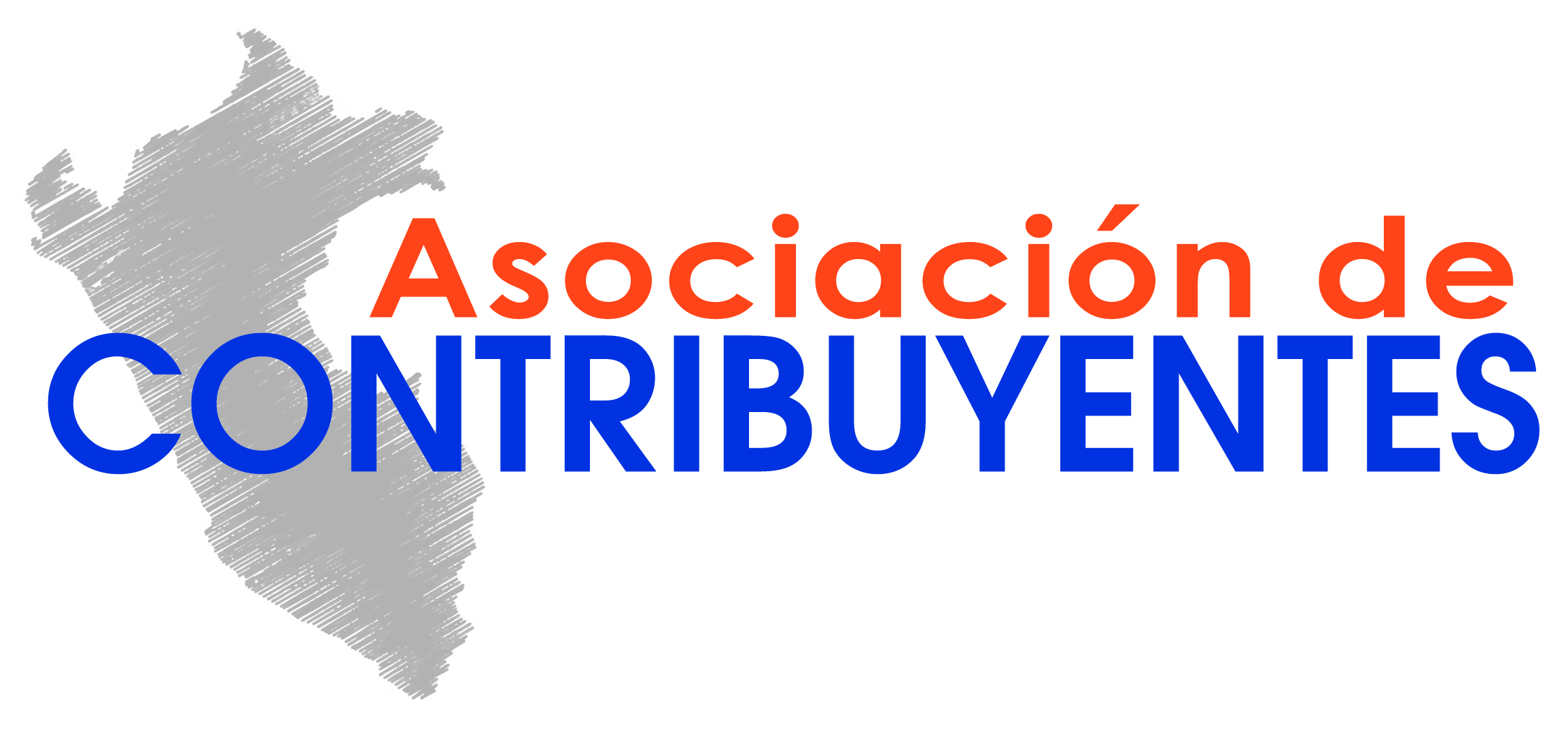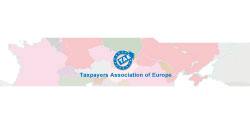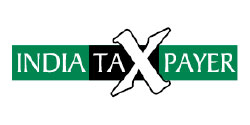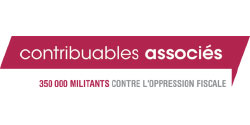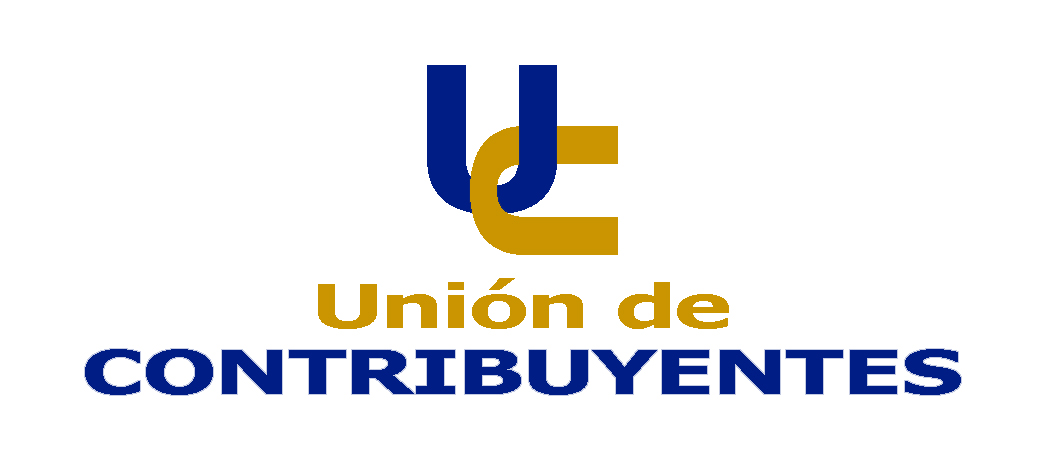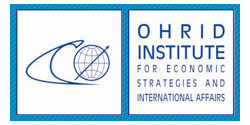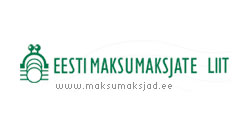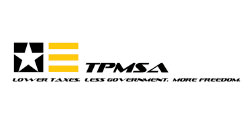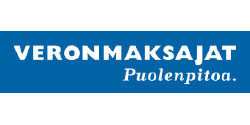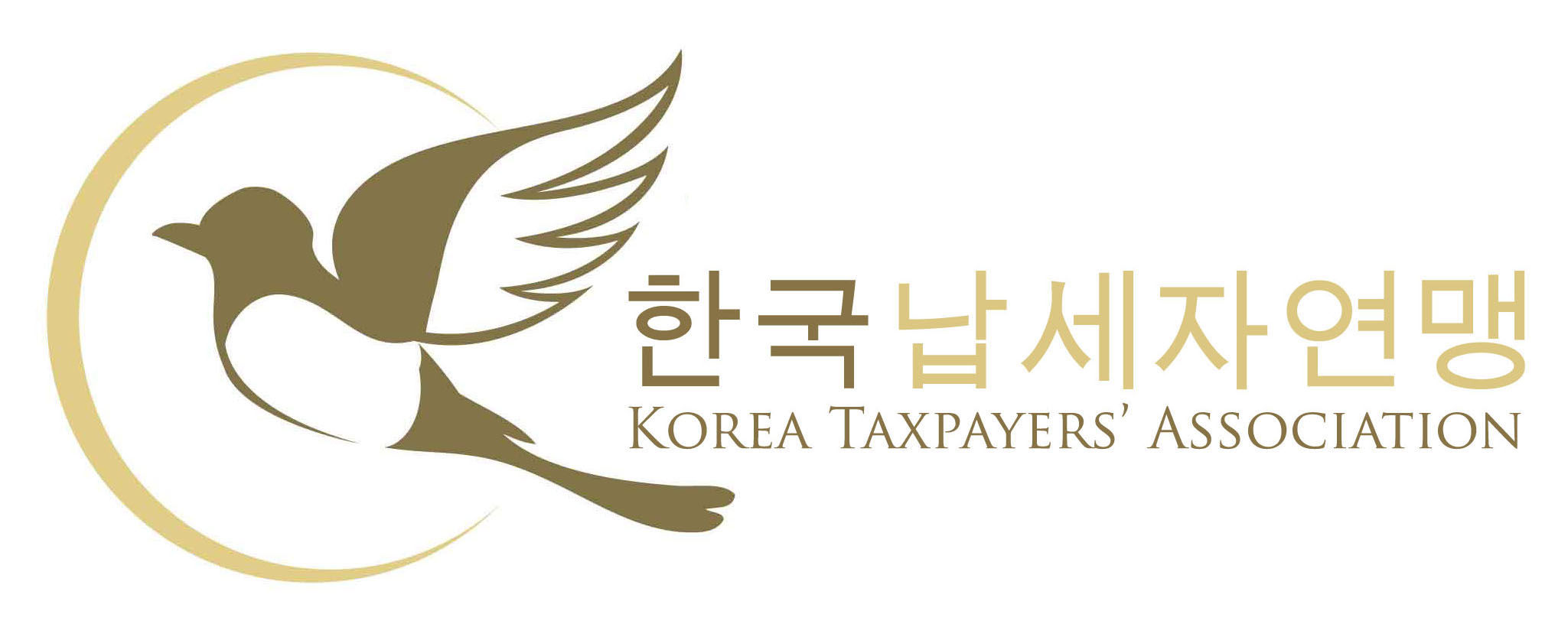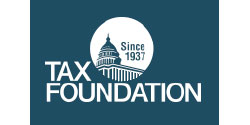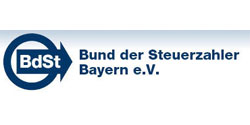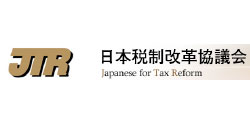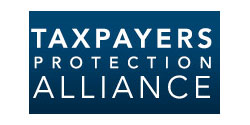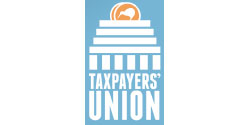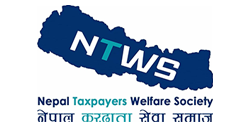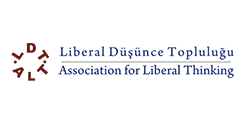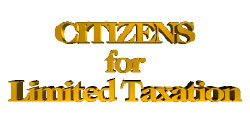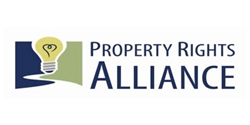WTA Chairman’s Update #4: January – March 2020
Dear WTA members, observers and friends:
Next WTA events:
Taxpayers Regional Forum in Kyiv Ukraine May 16, 2020
The first WTA-sponsored Taxpayers Regional Forum of 2020 will take place in Kyiv, Ukraine, May 16th.
In May 2020 World Taxpayers Associations along with the Atlas Network and the Ukrainian Economic Freedoms Foundation is pleased to invite delegates to join us in an exchange of ideas and best practices to advance taxpayer advocacy in Europe.
The WTA Taxpayers Regional Forum will take place immediately after the Atlas Network’s 2020 Europe Liberty Forum in Kyiv on May 14-15.
Registration and fees:
Conference fees include conference materials, coffee breaks and lunch and dinner on Saturday.
If you have paid your 2020 Membership Fee to the WTA, you are entitled to free access to this event. Please e-mail Melanie Harvie at melanie.harvie@worldtaxpayers.org for your discount code. The code is valid for two registrants within your organization until April 25th, 2020. After that, a fee of 50 USD per person will be charged.
For other groups, the conference has a cost of 110 USD per person.
Please act soon, space is limited! You can register here.
Hotel Reservations:
Fairmont Grand Hotel Kyiv
1 Naberezhno Khreshchatytska Str.
Kyiv, Ukraine, 04070
Learn more about the hotel here.
The discounted rate at the Fairmont Grand Hotel Kyiv is €150 (single room), €170 (double room), €300 (one bedroom suite). This rate is inclusive of a 20% VAT, complimentary Wi-Fi, access to fitness area and swimming pool, and full buffet breakfast. City tax is not included into the room rate. City Tax for non-residents is equivalent to €1.7 EUR
To make your room reservations please email the following information to Sherry.Romello@AtlasNetwork.org.
First Name:
Last Name:
Organization:
Company:
Country of Residence:
Check in Date & Time:
Check out Date & Time:
Room Type: Single or Double (If requesting Double, please provide # of guests and whether you will need one bed or two in the room.)
Agenda:
May 16th
8:30 AM – 6:00 PM Taxpayers Regional Forum
More information will soon be available on our website.

Taxpayers Regional Forum in Accra Ghana August 22, 2020
The second WTA-sponsored Regional Taxpayers Forum of 2020 will take place in Accra, Ghana, August 22nd.
In August 2020 World Taxpayers Associations, along with the Atlas Network and IMANI Center for Policy and Education, is delighted to host its first event on the African continent.
The WTA Regional Taxpayers Forum will take place immediately after the Atlas Network’s 2020 Africa Liberty Forum in Accra on August 20-21.
More information will soon be available on our website.
The next WTA World Conference will be hosted by Contribuables Associes, the French taxpayer association, in Paris in June of 2021.
Member News:
ARGENTINA: Taxpayer Bill of Rights
We the Taxpayers (Nosotros los Contribuyentes, NLC) in Argentina launched the Taxpayers Bill of Rights. NLC presented together with the National Deputy Gaston Roma the Taxpayer Bill of Rights. This bill explains the rights taxpayers have and protects them from IRS’ abuse by limiting and reducing its currently overwhelming power.
The most important points in the bill are:
- End of automatic fines
- End of the inspection progress in non-tax matters
- End of the closing penalty
- Interpretation in favour of the weak part, the Taxpayer
- Possibility to compensate
- Limits on presumptions and fictions
- Limits on retention and perception regimes
- Limit inspections and ex officio determinations
- Interest rate limits
- No retroactivity
- General interpretations to avoid circumvention
- Equality in interest rates
- Impartiality in binding consultations
- Rectification of tax returns in less time
- Clear liability in the case of foreign debts
- Simplification of procedures
- Clearer laws
More about the NLC Project Law on the Taxpayer Bill here.

EUROPE: Taxpayers Association of Europe
On December 11and 12th, member organisations of Taxpayers Association of Europe (TAE) met in Brussels for the TAE General Assembly.
Elections were held and the previous board and officers were confirmed. Newly elected were Grigol Katramadze (Ukraine) as Vice-President and Dr Host Heitz (Switzerland) as Deputy Secretary General.
All agreed to scrutinise the proposals of the EU Commission very closely. The EU is trying to concentrate more and more power in Brussels and still wants to harmonise taxes and social security contributions.
The highlight of this meeting was the background discussion with Monika Hohlmeier, MEP, Chair of the Committee on Budgetary Control of the European Parliament, who supported the demands of the TAE in many areas and took a new approach to fighting corruption and subsidy fraud.


PERU: Second Taxpayers Regional Forum in Peru
On November 13th Asociación de Contribuyentes del Perú celebrated their second Taxpayers Regional Forum in Peru.
Some of the speakers were Christopher Lingle, Ph. D in Economics from the University of Georgia, Fernando José Cillóniz Benavides, pre-presidential candidate, Cayetana Aljovin, President of the National Fisheries Society; Diego Macera, General Manager of the Peruvian Institute of Economy; Camilo Carrillo, Researcher of the Private Competitiveness Council, Ernesto Cuadros-Vargas, Dean of the Faculty of Computer Science of the UTEC and Azucena Gutierrez, Founder and owner of Enjoy.

Also, Ines Marrache from Asociación de Contribuyentes del Perú won the third place in the 2019 John Blundell Elevator Pitch Competition at Liberty Forum & Freedom Dinner. Anuki Premachandra of Advocata Institute won the 2019 John Blundell Elevator Pitch Competition and Eva Christensen of Mannkal Economic Education Foundation took second place.

CANADA: CTF wins intervener status at Supreme Court of Canada
A historic first for the Canadian Taxpayers Federation – they have been granted intervener status to appear before the Supreme Court of Canada!
The basic issue is: can governments refuse to give judges a pay raise?
Here’s what happened. Unlike other government employees, judges’ salaries are usually based on a recommendation from an independent committee.
But recently, in both British Columbia and Nova Scotia, the committee recommended big pay hikes for judges, even though both governments were implementing across-the-board spending cuts. The governments refused to give them the raise, so the judges took them to court.
They are jumping into the fight to make the case that governments have every right to tighten their belts, and judges, as government employees, shouldn’t be exempted.
This fight matters for two reasons.
First of all, if the judges win this case, it will set a dangerous legal precedent. It’s not hard to see other government unions salivating at the possibility they could use the courts to force governments into hiking bureaucrat salaries, even when voters have told them to reduce spending.
Second, being granted status before the Supreme Court is a big step forward for the CTF on their future legal battles, including their application to intervene in the carbon tax battle now heading to the Supreme Court, likely in early 2020.
Adam Goldenberg, an outstanding lawyer, will be representing them in the Supreme Court intervention.

The Canadian Taxpayers Federation also delivered 80,000 petition signatures to the Prime Minister’s Office calling on the federal government to ensure Canadian taxpayers are not responsible for supporting the Duke and Duchess of Sussex when they are living in Canada.
“Canadians are pleased to welcome the Duke and Duchess to Canada, but have made it crystal clear that taxpayers should not be forced to support them while they are living here,” said CTF Federal Director Aaron Wudrick. “All Canadians wish them well as they realize their ambition of financial independence.”
In less than one week, the CTF collected more than 80,000 petition signatures calling on federal government to ensure taxpayer money is not used to support the Duke and Duchess. A recent Angus Reid survey showed that fully 73 per cent of Canadians believe the Duke and Duchess should be responsible for covering all of their own costs.
“The Queen has made clear that British taxpayers will no longer be supporting the Duke and Duchess,” noted Wudrick, “Prime Minister Trudeau owes it to ensure Canadian taxpayers receive similar respect.”

SWEDEN: The Waste Ombudsman’s award goes to…
The Swedish people have designated climate policy as the worst waste of the year (2019) in the Waste Ombudsman’s competition. But instead of having a serious discussion about how climate policy can be better, Climate Minister Isabella Lövin accuses Johan Gustafsson from the Swedish Taxpayers’ Association of disseminating “alternative facts”. The most important thing is that the government’s climate policy does not reduce emissions and has been criticized for it even by the government’s own experts. This is precisely why the Swedish people have voted climate policy as the worst waste of the year. With over 18,000 votes, it was a new record in the number of votes for the competition’s worst waste of the year and 30 percent of the votes went to climate policy.
Read more about this here.

Reports:
UNITED KINGDOM: Almost £40 million of taxpayers’ money paid for lobbying and political campaigning
New analysis from the TaxPayers’ Alliance reveals how ministers, officials and quangocrats are wasting taxpayers’ cash funding organisations that lobby the government. From 2017-19, organisations that lobby for changes in public policy received at least £39,584,172.
But taxpayer funding of lobbying and political campaigning has a number of negative effects:
- It distorts decision making in favour of the interests and ideological preoccupations of a narrow political elite.
- It slows adjustments in the direction of policy in reaction to new evidence or circumstances.
- It increases political apathy among the public.
- Taxpayers are forced to fund views they may seriously disagree with.
Key findings
- Political research and campaigning organisations known to attack the government or lobby for changes in public policy received £39,584,172 from that same government between 2017 and 2019.
- Rosa, which was given a £978,000 grant in 2017-18, in late 2019 accused the Conservative government of “actively selling off our NHS to the US.”
- The Equality and Human Rights Commission (EHRC) granted £256,607 to organisations that lobbied for policy changes in 2018-19. One of these, Diverse Cymru, publicly opposed a ‘no-deal’ Brexit in August 2019, having recently been commissioned to create films highlighting refugees’ issues in Wales.
- Several think tanks continue to receive significant amounts of taxpayers’ money. Between them, the New Economics Foundation, Bright Blue, Demos, the Institute for Government and the Institute for Public Policy Research received £514,215 between 2017-18 and 2018-19.
- Alcohol Change UK, a leading nanny state group which lobbies for tightened alcohol control policies, such as minimum unit pricing, received a total of £185,759 from the Welsh government in 2018-19. Of this total, £40,593 was earmarked for ‘policy and influencing’ and £64,940 was for ‘profile, communications, campaigns and events’.
Click here to read the full report.

OECD countries: Joint report on “Taxation of high income earners”
Timbro, Tax Foundation and EPICENTER released a unique report on top marginal tax rates in OECD countries. The publication provides a unique insight into the redistributive systems of 41 OECD countries. ‘Taxation of high income earners’ is the only comprehensive report that provides the effective marginal tax rates in all OECD countries for top earners.
The evidence shows that Swedish, Slovenian, and Belgian top earners pay the highest tax rates in OECD countries. The top earners in Sweden pay 76 cents of the last euro earned in taxes, whereas Slovenian and Belgian earners pay 73%. In contrast, New Zealand, Mexico, and Bulgaria tax their high income earners the least. Take a look at the publication here.

WORLD: 2019 International Trade Barrier Index Released
Property Rights Alliance released the world’s first International Trade Barrier Index. The Index ranks 86 countries on their use of the most the direct barriers to trade: tariffs, non-tariff measures, and services restrictions, as well as their ability to facilitate trade.
The TBI was created as a response to rising trade tensions across the world that have resulted in lower growth rates, reduced trade forecasts, and an increase in trade restrictions. These conflicts create uncertainty and overlook the real issues that disrupt global commerce.
Key Findings
China and India are the world worst abusers of trade barriers. Each have extremely high tariffs and a large number of tariff lines compared to the rest of the world. India leads in restrictions on services that prevent foreign professionals and businesses from operating in the country. While China leads the world in use of non-tariff measures.
Hong Kong and Singapore have the lowest scores on the Index indicating the fewest trade restrictions. Both are completely tariff free. Hong Kong is 2nd as Singapore is a member of more trade agreements. However, with open and unfettered trade citizens of Hong Kong are accustomed to the free-exchange of ideas. Recent NTMs raised by Beijing to require licenses for imported published material have added to the friction between the two regions. See “Free Trade and Free Minds” in the full TBI report.
The United States is 54th in the Index. Though the country has one of the lowest average MFN tariff rates it follows China’s lead in deploying NTMs and is a member of relatively few trade agreements. To president Trump’s credit, he has started trade negotiations with some of the biggest abusers of free-trade: China, Brazil, India, and Turkey. If the end result is increased protection of property rights, fewer restrictions on services, smoother compliance with technical barriers, lower tariffs, and implemented trade agreements then Trump could be known as the Free-Trade president.
The EU has relatively few trade barriers, though some can be quite restrictive. NTMs have resulted in a de facto ban on certain agricultural products and services restrictions in the transport sector amount to cabotage. Most alarming, regulations on privacy controls and new digital services taxes are digital trade barriers that threaten to pull the region backwards.
When barriers are removed it is harder for special interests to become entrenched in political processes. Correlations with the TBI demonstrate a clear relationship between free-trade and the ability of countries to achieve greater levels of freedom and prosperity. Notably, where trade barriers are high freedom of the press is low and the perception of corruption is high.

EUROPE: December 16th is Credit Day across Europe
Credit Day was created by the Institut Économique Molinari to help the general public achieve a better understanding of the national budget of each EU Member State.
Credit Day highlights the day in a fiscal year on which the national government has fully spent their tax revenue and become dependent on borrowed money.
16th December marks Credit Day across Europe. This is the day that, on average, EU Member State governments have exhausted their annual tax income and start to spend borrowed money. Inn 2019, EU Credit Day will come 4 days later than in 2018, and 10 days later than in 2017, a significant improvement.
Eleven Member States have managed to achieve a surplus in 2019 with Ireland, Luxembourg, Slovenia, and Bulgaria joining the group. Cyprus has dramatically changed its Credit Day from January 9th the following year to October 26th. Despite outliers like Cyprus, Romania, and France there was an overall improvement on budget control as 25 of the 28 member states have delayed their Credit Day to December or January 2020.
Learn more about credit day here.

WORLD: The Lithuanian Free Market Institute releases the Employment Flexibility Index 2019
For the third year in a row, the Lithuanian Free Market Institute and its partner organisations presented the Employment Flexibility Index, that ranks a total of 41 countries that are members of the European Union (EU) or the Organization for Economic Cooperation and Development (OECD).
Read the full report here.

OECD: Tax Foundation releases new global tax maps
Tax Foundation released new global tax maps comparing OECD countries on important measures of tax rates, collections, burdens and more.
This map shows which European OECD countries implemented a net wealth tax. Only Norway, Spain, and Switzerland levy a net wealth tax while Belgium, Italy, and the Netherlands levy wealth taxes on selected assets, but not on an individual’s net wealth per se.
Nevertheless, net wealth taxes collect little revenue, making up between 0.5 percent and 3.6 percent of the total tax revenue.


Check and share more tax maps here.
Upcoming Atlas Network Events:
Asia Liberty Forum 2020
March 12-13
Manila, Philippines
Europe Liberty Forum 2020
May 14-15
Kyiv, Ukraine
Latin America Liberty Forum 2020
June 11-12
Mexico City, Mexico
Africa Liberty Forum 2020
August 20-21
Accra, Ghana
Liberty Forum and Freedom Dinner 2020
November 11-12
New York City, United States
Awards:
2020 Templeton Freedom Award: March 16 Deadline
In closing, I’d like to encourage everyone to visit our website and our Facebook group. Our community is only as strong and as beneficial as we choose to make it. Please work with our Secretary General Cristina Berechet to feed good content into this newsletter and our network at large.
Keep up the fight!
John O’Connell
Chairman and President, World Taxpayers Associations
Chief Executive, TaxPayers’ Alliance
E-mail | john.oconnell@worldtaxpayers.org
